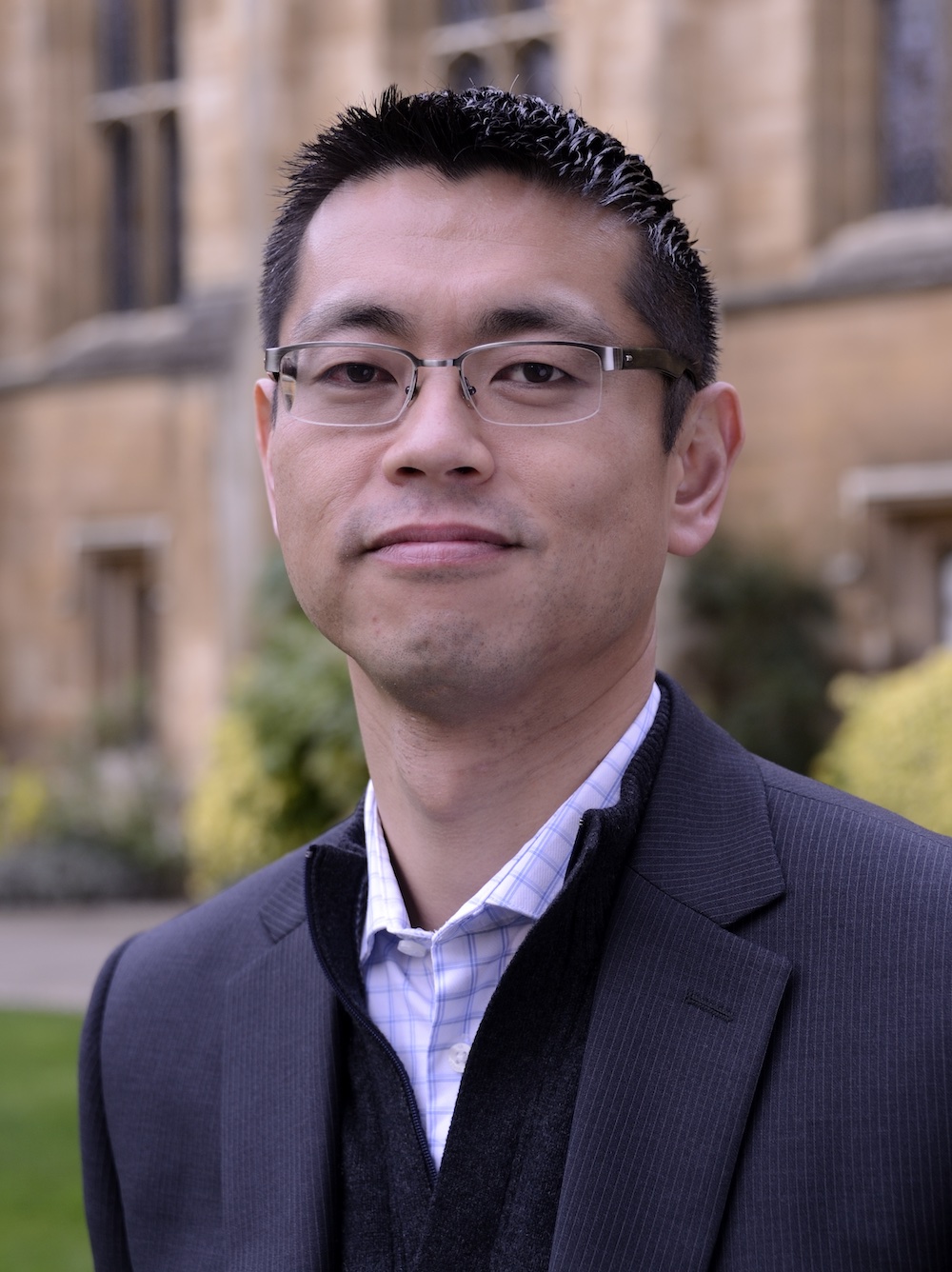Dr Fumiya Iida, Professor of Robotics
Office Location: BE3-15Telephone: 01223 332719
Fax: 01223 332662
Email: fi224@cam.ac.uk
Bio-Inspired Robotics Lab Website: http://birlab.org/
Background
Fumiya Iida is a professor of robotics at the Department of Engineering, University of Cambridge. He received his bachelor and master degrees in mechanical engineering at Tokyo University of Science (Japan, 1999), and Dr. sc. nat. in Informatics at University of Zurich (2006). In 2004 and 2005, he was also engaged in biomechanics research of human locomotion at Locomotion Laboratory, University of Jena (Germany). From 2006 to 2009, he worked as a postdoctoral associate at the Computer Science and Artificial Intelligence Laboratory, Massachusetts Institute of Technology in USA. In 2006, he was awarded the Fellowship for Prospective Researchers from the Swiss National Science Foundation, and in 2009, he was appointed as a Swiss National Science Foundation Professor for bio-inspired robotics at ETH Zurich. His research interests include biologically inspired robotics, embodied artificial intelligence, and biomechanics, and he has been involved in a number of research projects related to dynamic legged locomotion, navigation of autonomous robots, and human-machine interactions. He has so far published over forty publications in major robotics journals and conferences, and edited two books. Currently he serves on the editorial board of the Soft Robotics Journal, Frontiers in Robotics and AI (Bio-Inspired Robotics Section), and as a program committee member for international conferences and workshops. In addition, he has organized a few seminal meetings such as the International Conference of Embodied Intelligence, RoboSoft, and TAROS.Research
The research interests of the Cambridge Robotics Lab lie at the intersection of robotics and biology. Through abstraction of the design principles of biological systems, we develop core competences which are the rapid prototyping of dynamic mechatronics systems, bionic sensor and motor technologies, and computational control optimization techniques. Our main goals are to contribute to a deeper understanding of adaptivity and autonomy of animals, and to engineer novel robotic applications which are more adaptive, resilient, and energy efficient. Specific research topics include legged robot locomotion, evolutionary robotics, human-robot interactions, and embodied artificial intelligence.Postgraduate applicants
Applicants with excellent background in design, control, and modeling of real-world robots are welcome to contact Dr. Iida. Please send your CV and motivation letter via email.Publications
A full list of publications can be found here.- Computer Vision & Robotics Group
- Overview
- Members
- Research
- Teaching
- Publications
- Events and Seminars
- 4th Year Projects
- Postgraduate Applications
- Contact
- Machine Intelligence Homepage
